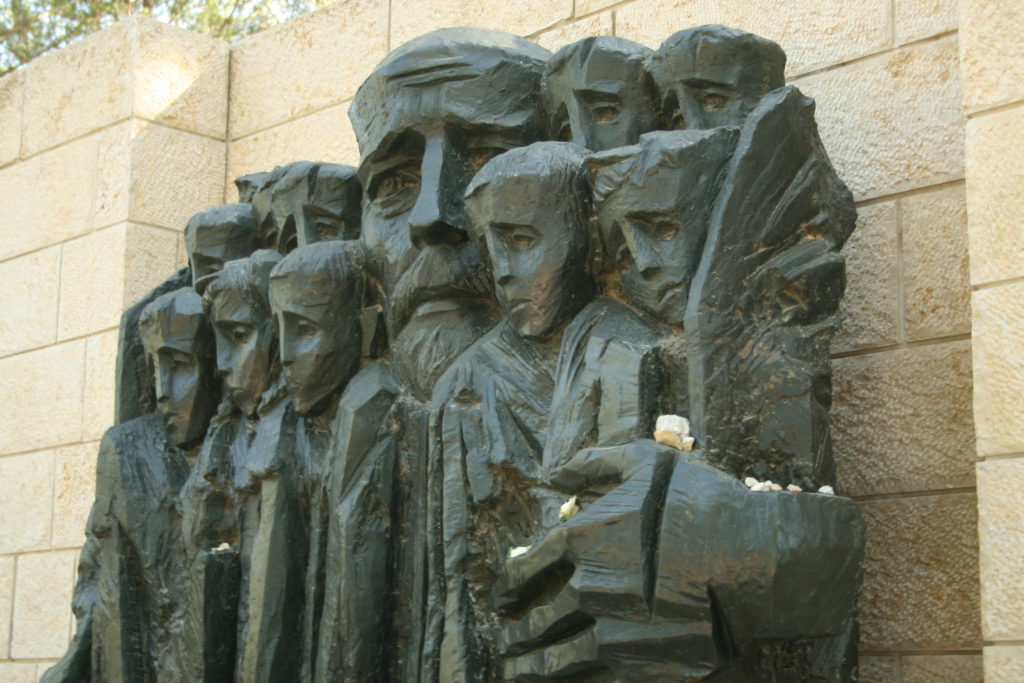
As the number of remaining Holocaust survivors dwindles, Israel is setting aside 3.5 million NIS ($1 million USD) to document Holocaust survivor testimony and photographs, including processing them into a format for social networks. Israeli Prime Minister Yair Lapid, whose father is a Holocaust survivor, said in the announcement of the move on Sunday, “I’m moved and proud that today we passed this important decision to document the stories of Holocaust survivors from Israel and around the world—a decision which will make a mark for generations to come.”
Per the Israeli press release, the efforts include digitizing photographic evidence of Holocaust survivors from Israel and the world, offering it for the education systems of partner nations, and making it compatible with social media, “with the aim of making the content accessible to the younger generation.”
“We are at the cutting edge in terms of collecting, researching and documenting the stories of Holocaust survivors living around the world,” said Social Equality Minister Meirav Cohen in the press release. “The average age of the survivors is 86, and in fact we have only a few years left to improve the quality of the lives of the survivors, and secondly to gather as much evidence as possible to be immortalized for the benefit of future generations.”
The Israeli announcement noted that the decision “comes against the background of Holocaust denial events around the world and in view of the advanced age of Holocaust survivors living today, which requires urgent action on the issue of documenting their testimonies.” The combination of Holocaust denial and the loss of eyewitnesses make teaching the next generation even more important—and the next generation is especially active online.
This isn’t the only Israeli attempt to make Holocaust history available online. The Yad Vashem World Holocaust Remembrance Center in Israel has an online library that includes photos, as well as social media accounts. The organization also has led the “IRemember Wall” online program that allows persons who sign up to be “matched” with a Holocaust victim and that link published to the website as a way to publicly remember the victim.
Holocaust survivors can also get involved online directly. Lily Ebert’s Holocaust survivor testimony has been posted to the TikTok social media site, with NBC News last week covering her great-grandson Dov Forman’s efforts to document her story. Per the article, Ebert’s account had over 32 million “likes”, while posting more than 500 videos.
For the State of Israel, Holocaust education isn’t the only way they are seeking to honor Holocaust survivors. In Sunday’s press release, Lapid noted that his government has “led multiple efforts to benefit Holocaust survivors and to continue preserving the memory of the Holocaust for future generations.”
Cohen, in her comments, said, “This documentation project comes alongside a series of moves that we have led in the past year to improve the lives of Holocaust survivors living in Israel. We have emphasized increasing income for poor Holocaust survivors from the state budget and resources we have mobilized from countries around the world.
“I thank Prime Minister Yair Lapid for his personal commitment to this important issue and for the support I received throughout the term in promoting the rights of Holocaust survivors.”
(By Joshua Spurlock, www.themideastupdate.com, 11/20/22)
